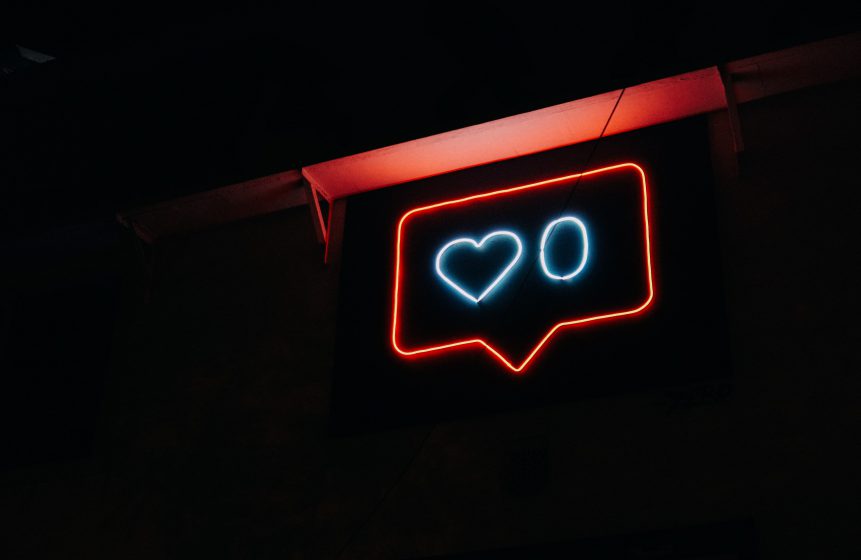We now check Facebook upwards of 14 times and spend over 2 hours a day on social media. It’s safe to say it has truly become part of the drumbeat of our daily existence. A place where we showcase our lives and have a peek into the lives of others.
How does death fit into this super social world we now live it? Do the same rules apply when sharing news, thoughts and emotions on death?
Sharing online can be a positive experience.
One of the most difficult parts of death is having to break the news to others. Usually, this involves calling anyone involved with the deceased and having to replay the news multiple times. Now, with our networks spread more globally this task is made even more difficult thanks to different timezones and potential lack of contact details.
Social media can be a way to avoid some of these problems. One post shared to your community and the information is available to all to see. People can then grieve together, share stories and post loving memories of the dead.
Given that social media is an extension of our connected social group it makes total sense to be talking about the emotions that come when facing death, either your own or others.
It allows people to connect to communities dealing with similar issues, through Facebook Groups and through offline events like Death Cafes.
Some who are facing death themselves use it as an online diary, to document their last days to the world. Take personal trainer Emily Hayward and Claire Wineland – who both used their Youtube channels to say their goodbyes to the world.
But it can become a burden.
There are many people who don’t feel comfortable sharing death through social media. This could be because it feels like sincere than a personal call or it’s simply a share too far for some.
This want for privacy doesn’t feel like it should need to be justified. After all, we should all be allowed to grieve in the way that feels the most natural for us. But this is exactly what influencers Ethan and Grayson Dola had to do after their father died. They were forced to share a message asking people not to turn up to the funeral: http://www.justjaredjr.com/2019/01/22/ethan-grayson-dolan-ask-fans-not-to-show-up-at-fathers-funeral/
People may also feel socially obliged to post tributes online after someone dies. It may not be how they want to share memories but if everyone else is posting, it can feel expected.
And sometimes even illegal.
At the more extreme end of the scale, you have cases where sharing on social media can prove truly heartbreaking, or even illegal.
Take this tragic story of a mum who found out about her daughter, Alesha Macphail through Facebook: https://metro.co.uk/2018/07/03/mum-of-girl-6-found-dead-on-isle-of-bute-found-out-on-facebook-7679622/. A situation none of us would wish even on our worst enemy.
And then you have stories like this, where it’s been reported that pictures of footballers Emiliano Sala’s body have been shared on social media: https://news.sky.com/story/police-investigating-reports-of-photos-posted-on-social-media-of-emiliano-salas-body-11705729 which is a horrific invasion of privacy and truly heartbreaking for his loved ones.
Creating a happy medium.
As social media is still a relatively new part of our lives, it’s up to us to determine what is and isn’t acceptable when it comes to death. Everyone’s appetite to sharing death on social media is different, and that’s okay. Our advice is to think family first (if you’re not part of said family). Look to what they’re doing to being able to understand and fulfill their wishes.
Find out more.
If you wanted to explore the topic of death in the digital world further, here are some other articles we’ve written about all things death and digital:
Who owns your data after you die?
Do you talk to dead people online?
https://death.io/your-digital-death/





